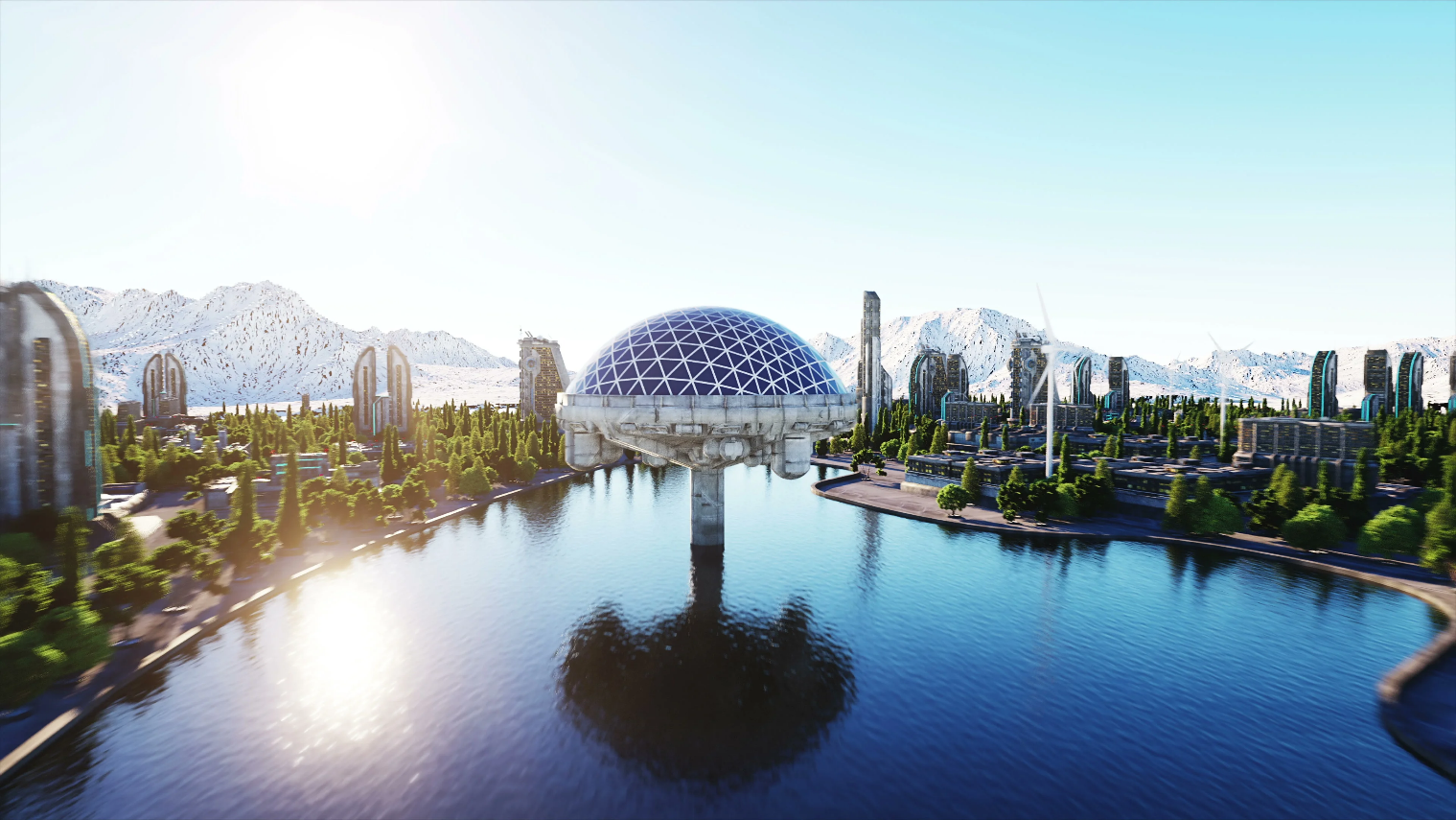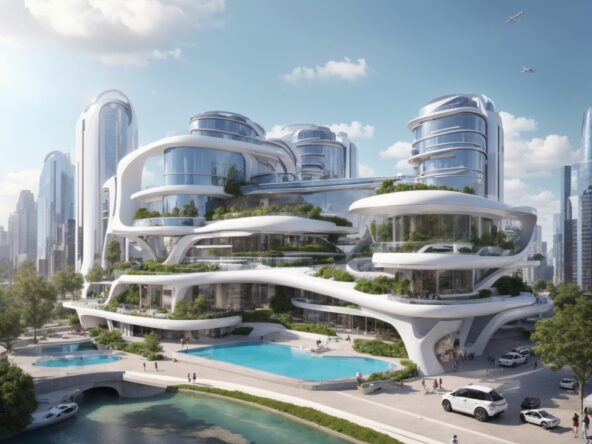In an era of rapid technological advancements and shifting demographics, the real estate industry is undergoing transformative changes. Explore the trends that are redefining the way we buy, sell, and experience properties.
The real estate landscape has always been dynamic, responding to economic shifts, technological innovations, and societal changes. In recent years, however, the pace of transformation has accelerated, leading to exciting opportunities and challenges. Let’s delve into the trends shaping the future of real estate and how they’re reshaping the way we interact with properties.
- Technology Integration: The Digital Frontier
Technology has seeped into every facet of our lives, and real estate is no exception. From virtual reality property tours to smart home devices, technology is enhancing the buying and selling experience. Virtual tours allow buyers to explore properties remotely, reducing the need for multiple physical visits. Smart home features, like energy-efficient appliances and home automation systems, are becoming essential selling points for modern homes.
- Remote Work and Flexible Spaces
The rise of remote work has ignited a demand for flexible living spaces. Homebuyers now prioritize properties with designated home offices, adaptable layouts, and outdoor spaces that serve as private retreats. The ability to seamlessly blend work and life within the same environment is influencing property decisions and driving the creation of innovative living spaces.
- Sustainable Living and Eco-Friendly Homes
Sustainability is no longer just a buzzword; it’s a driving force in real estate. Buyers are increasingly drawn to eco-friendly properties with energy-efficient designs, solar panels, and sustainable materials. Sustainable living is not only an ethical choice but also a cost-effective and forward-looking investment.
- Urbanization and Suburban Resurgence
The narrative of urban migration is evolving. While cities remain attractive hubs of culture and employment, the appeal of suburban living has surged. Suburbs offer more space, tranquility, and access to nature, while still providing convenient access to urban amenities. This shift is influencing development patterns and redefining urban planning.
- Data-Driven Decision Making
Data analytics is revolutionizing the real estate industry. Agents and investors leverage data to make informed decisions about pricing, market trends, and investment opportunities. Predictive analytics assist in identifying emerging neighborhoods, ensuring strategic decision-making.
- Emphasis on Wellness and Well-Being
The COVID-19 pandemic heightened awareness of health and well-being. As a result, properties that offer ample natural light, outdoor spaces, and wellness amenities are in high demand. Developers are incorporating gyms, meditation spaces, and green features to create spaces that promote holistic well-being.
- Millennial Influence and Gen Z Preferences
Millennials and Gen Z are shaping the real estate market with their distinct preferences. These generations prioritize experiences, sustainability, and community engagement. As they enter the housing market, their demands are influencing property designs, amenities, and urban planning.
- Blockchain and Digital Transactions
Blockchain technology has the potential to streamline real estate transactions by ensuring transparency, reducing fraud, and expediting processes. Smart contracts can automate various steps in a transaction, simplifying negotiations and reducing paperwork.
- Aging Population and Multigenerational Living
An aging population is fueling demand for properties that accommodate aging in place. Multigenerational living, where multiple generations coexist under one roof, is also gaining traction. Properties with separate living spaces or in-law suites cater to changing family dynamics.
- Rise of Sustainable Communities
The concept of sustainable communities is gaining momentum. These communities prioritize shared resources, green spaces, and walkability. Developers are incorporating mixed-use spaces, bike lanes, and communal gardens to foster a sense of belonging and environmental consciousness.
The future of real estate is multifaceted, shaped by technological innovation, shifting demographics, and changing values. Whether you’re a buyer, seller, or investor, staying attuned to these trends empowers you to make informed decisions and navigate the evolving landscape with confidence. As the real estate industry continues to adapt, one thing remains constant: the aspiration to find a place that truly feels like home, regardless of the trends that come and go.





